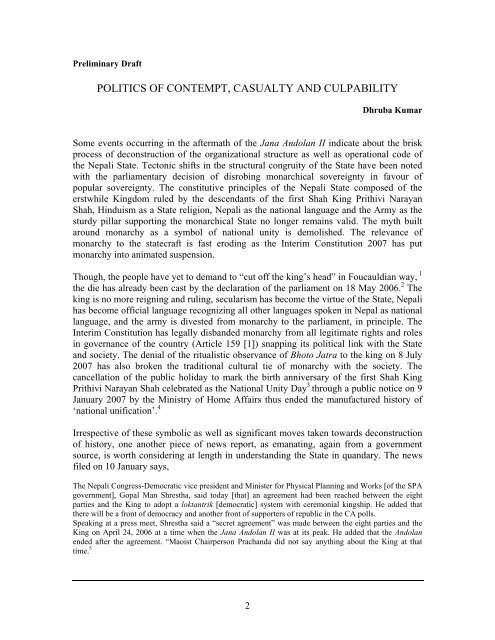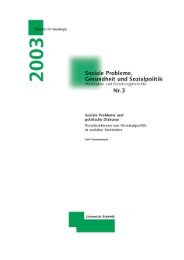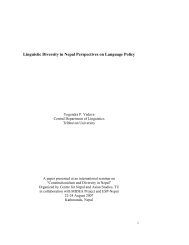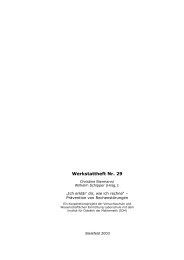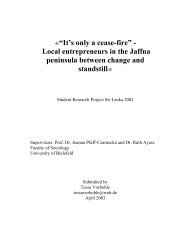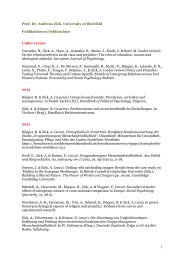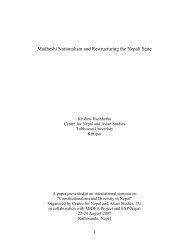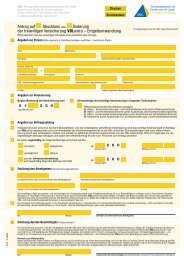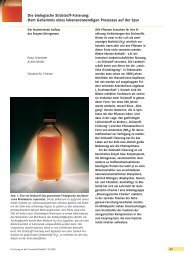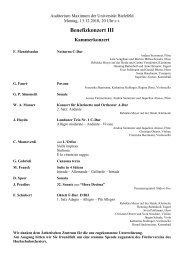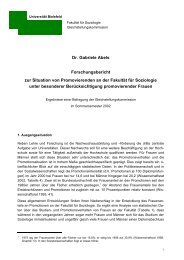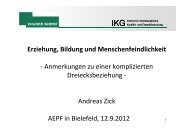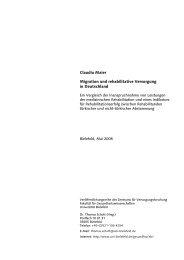POLITICS OF CONTEMPT, CASUALTY AND CULPABILITY ...
POLITICS OF CONTEMPT, CASUALTY AND CULPABILITY ...
POLITICS OF CONTEMPT, CASUALTY AND CULPABILITY ...
You also want an ePaper? Increase the reach of your titles
YUMPU automatically turns print PDFs into web optimized ePapers that Google loves.
Preliminary Draft<br />
<strong>POLITICS</strong> <strong>OF</strong> <strong>CONTEMPT</strong>, <strong>CASUALTY</strong> <strong>AND</strong> <strong>CULPABILITY</strong><br />
2<br />
Dhruba Kumar<br />
Some events occurring in the aftermath of the Jana Andolan II indicate about the brisk<br />
process of deconstruction of the organizational structure as well as operational code of<br />
the Nepali State. Tectonic shifts in the structural congruity of the State have been noted<br />
with the parliamentary decision of disrobing monarchical sovereignty in favour of<br />
popular sovereignty. The constitutive principles of the Nepali State composed of the<br />
erstwhile Kingdom ruled by the descendants of the first Shah King Prithivi Narayan<br />
Shah, Hinduism as a State religion, Nepali as the national language and the Army as the<br />
sturdy pillar supporting the monarchical State no longer remains valid. The myth built<br />
around monarchy as a symbol of national unity is demolished. The relevance of<br />
monarchy to the statecraft is fast eroding as the Interim Constitution 2007 has put<br />
monarchy into animated suspension.<br />
Though, the people have yet to demand to “cut off the king’s head” in Foucauldian way, 1<br />
the die has already been cast by the declaration of the parliament on 18 May 2006. 2 The<br />
king is no more reigning and ruling, secularism has become the virtue of the State, Nepali<br />
has become official language recognizing all other languages spoken in Nepal as national<br />
language, and the army is divested from monarchy to the parliament, in principle. The<br />
Interim Constitution has legally disbanded monarchy from all legitimate rights and roles<br />
in governance of the country (Article 159 [1]) snapping its political link with the State<br />
and society. The denial of the ritualistic observance of Bhoto Jatra to the king on 8 July<br />
2007 has also broken the traditional cultural tie of monarchy with the society. The<br />
cancellation of the public holiday to mark the birth anniversary of the first Shah King<br />
Prithivi Narayan Shah celebrated as the National Unity Day 3 through a public notice on 9<br />
January 2007 by the Ministry of Home Affairs thus ended the manufactured history of<br />
‘national unification’. 4<br />
Irrespective of these symbolic as well as significant moves taken towards deconstruction<br />
of history, one another piece of news report, as emanating, again from a government<br />
source, is worth considering at length in understanding the State in quandary. The news<br />
filed on 10 January says,<br />
The Nepali Congress-Democratic vice president and Minister for Physical Planning and Works [of the SPA<br />
government], Gopal Man Shrestha, said today [that] an agreement had been reached between the eight<br />
parties and the King to adopt a loktantrik [democratic] system with ceremonial kingship. He added that<br />
there will be a front of democracy and another front of supporters of republic in the CA polls.<br />
Speaking at a press meet, Shrestha said a “secret agreement” was made between the eight parties and the<br />
King on April 24, 2006 at a time when the Jana Andolan II was at its peak. He added that the Andolan<br />
ended after the agreement. “Maoist Chairperson Prachanda did not say anything about the King at that<br />
time. 5


